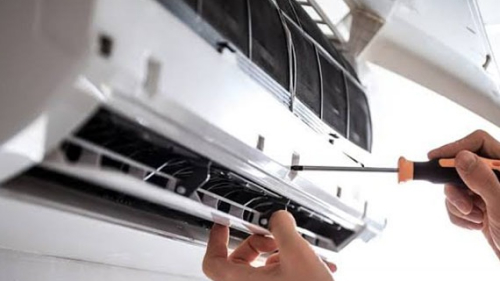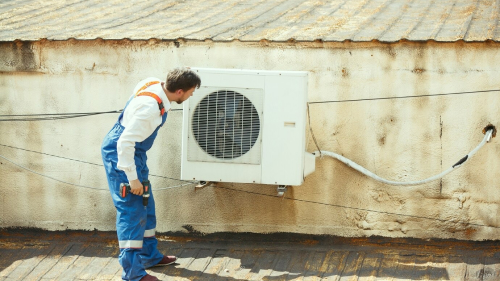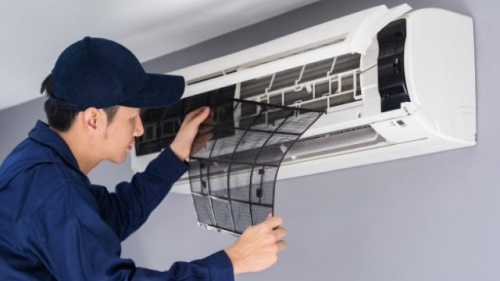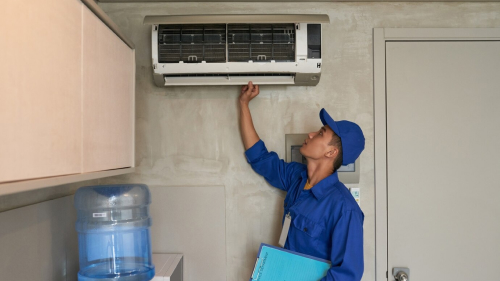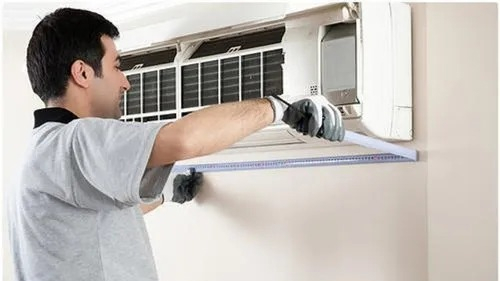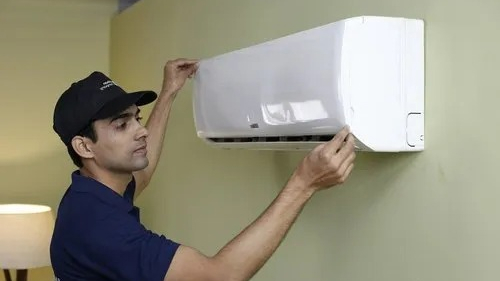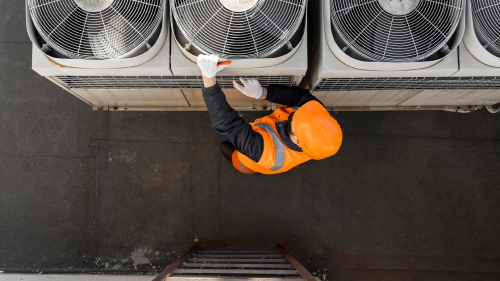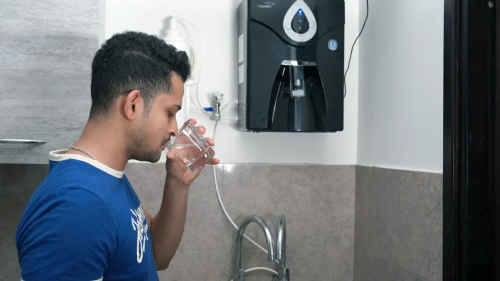VRF System
Unlocking Efficiency and Comfort with VRF Systems
In the ever-evolving world of HVAC technology, Variable Refrigerant Flow (VRF) systems have emerged as a cutting-edge solution for heating and cooling spaces efficiently and effectively. VRF systems are renowned for their ability to provide customized comfort, energy savings, and superior climate control, making them an ideal choice for both residential and commercial applications.
What is a VRF System?
A VRF system is a sophisticated HVAC technology that precisely controls the amount of refrigerant flowing to multiple indoor units, enabling heating and cooling in different zones simultaneously. The key components of a VRF system include an outdoor unit and multiple indoor units, often referred to as air handlers or fan coil units. This system uses advanced inverter technology to modulate the flow of refrigerant, allowing for seamless temperature control and energy optimization.
Advantages of VRF Systems:
Energy Efficiency: VRF systems excel in energy efficiency due to their ability to adjust the refrigerant flow to match the precise heating and cooling requirements of each zone. This results in reduced energy consumption and lower utility costs.
Customized Comfort: VRF systems offer individual zone control, allowing occupants to set their preferred temperature settings. This means each room can maintain its unique comfort level, enhancing overall satisfaction.
Space Saving: VRF systems require less space compared to traditional HVAC systems, thanks to their compact outdoor units and absence of extensive ductwork. This is particularly beneficial for both new construction and retrofits.
Quiet Operation: VRF systems are known for their quiet operation, with indoor units producing minimal noise, enhancing the comfort and productivity of occupants.
Zoning Flexibility: VRF systems support multi-zone configurations, making them versatile for various building types. You can create different climate zones to cater to specific needs, such as heating and cooling in different areas.
Heat Recovery: VRF systems can capture and redistribute waste heat from cooling to areas that need heating, making them highly efficient during transitional seasons.
Applications of VRF Systems:
Residential: VRF systems are increasingly popular in modern homes due to their energy-efficient operation, individual zone control, and minimal space requirements.
Commercial: VRF systems are commonly used in commercial buildings, including offices, hotels, hospitals, and retail spaces, to provide precise comfort control and enhance energy savings.
Industrial: VRF technology is finding applications in industrial settings where climate control is critical for production processes.
Educational: VRF systems are suitable for educational institutions, where maintaining a comfortable learning environment is essential.
VRF systems have redefined HVAC technology, offering an intelligent and energy-efficient solution for both residential and commercial environments. If you are interested in exploring the benefits of VRF systems for your property or have questions about their installation and maintenance, please contact us at. Our team of experts is here to assist you in achieving a higher level of comfort and efficiency for your space.
Featured Services
;

